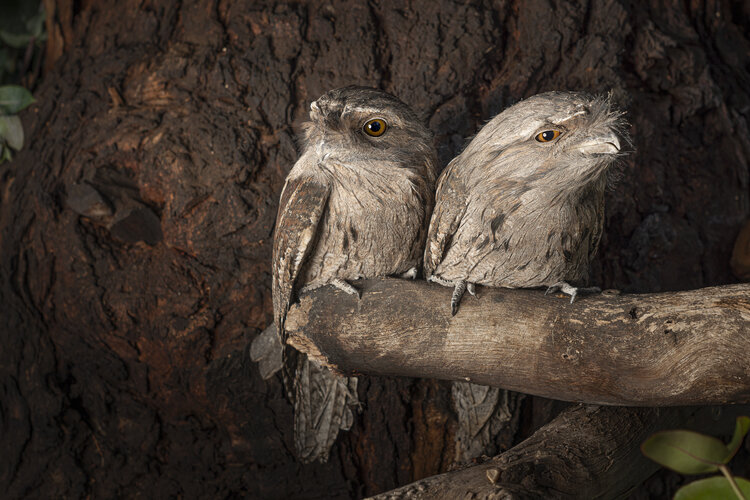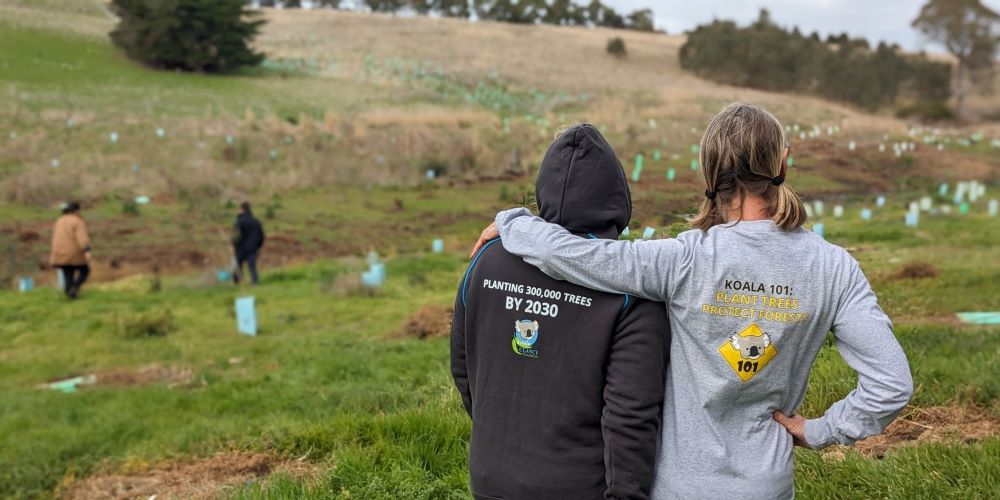Planet Ark have done some research around the play habits of Australian kids and they say that kids just aren’t playing outside anymore. Nor are they climbing trees. In fact, only 1 in every 5 kids go tree climbing. As we are probably aware … over the past decade, there has been an overall shift in childhood activity from outdoor playing to indoor activities. And parents and educators in particular can see this shift.
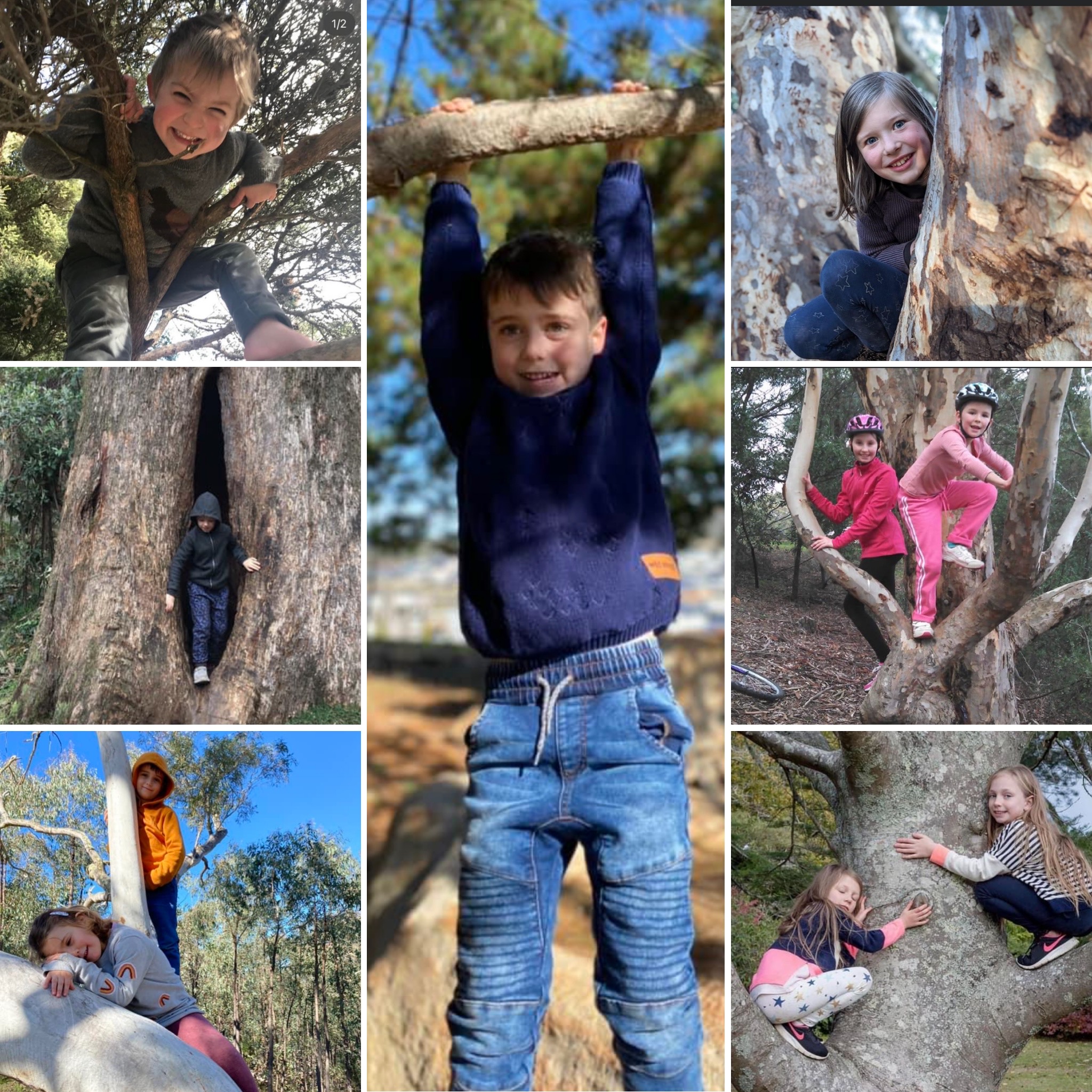
A survey was completed by Planet Ark with 1,002 respondents. Here’s some of the stats to come from the report:
- 73% of respondents played outdoors more often than indoors when they were young compared to only 13% of their children,
- 73% of respondents played outside every day as kids compared to only 35% of their children.
So, why are kids not playing outdoors so much these days? Its got to do with barriers (real and perceived). Barriers such as crime and safety concerns, difficulty of moving kids away from their games and consoles and the lack of time parents have to play with their children outside.
Let’s look at the benefits of kids being outdoors and in nature.
Physical Benefits:
- Children who play outside every day have better motor coordination and increased ability to concentrate.
- The outdoor environment allows children to move freely, placing few constraints on children’s gross motor movement and less restriction on their range of visual and gross motor exploration.
Cognitive Benefits:
- Greenery in a child’s everyday environment specifically reduces attention deficit symptoms.
- While outdoors, a child is likely to encounter opportunities for decision making that stimulate problem solving and creative thinking because outdoor spaces are often more varied and less structured than indoor spaces.
- Children are more likely to develop responsible attitudes towards risk if they have experience dealing with risky situations.
- Allows children to to use their imaginations.
Wellbeing Benefits:
- Free play can minimise anxiety, repression, aggression and sleep problems.
- Mood may be positively affected not only by the physical activity itself but also by exposure to sunlight (vitamin D).
- Provides an outlet for reducing everyday stress.
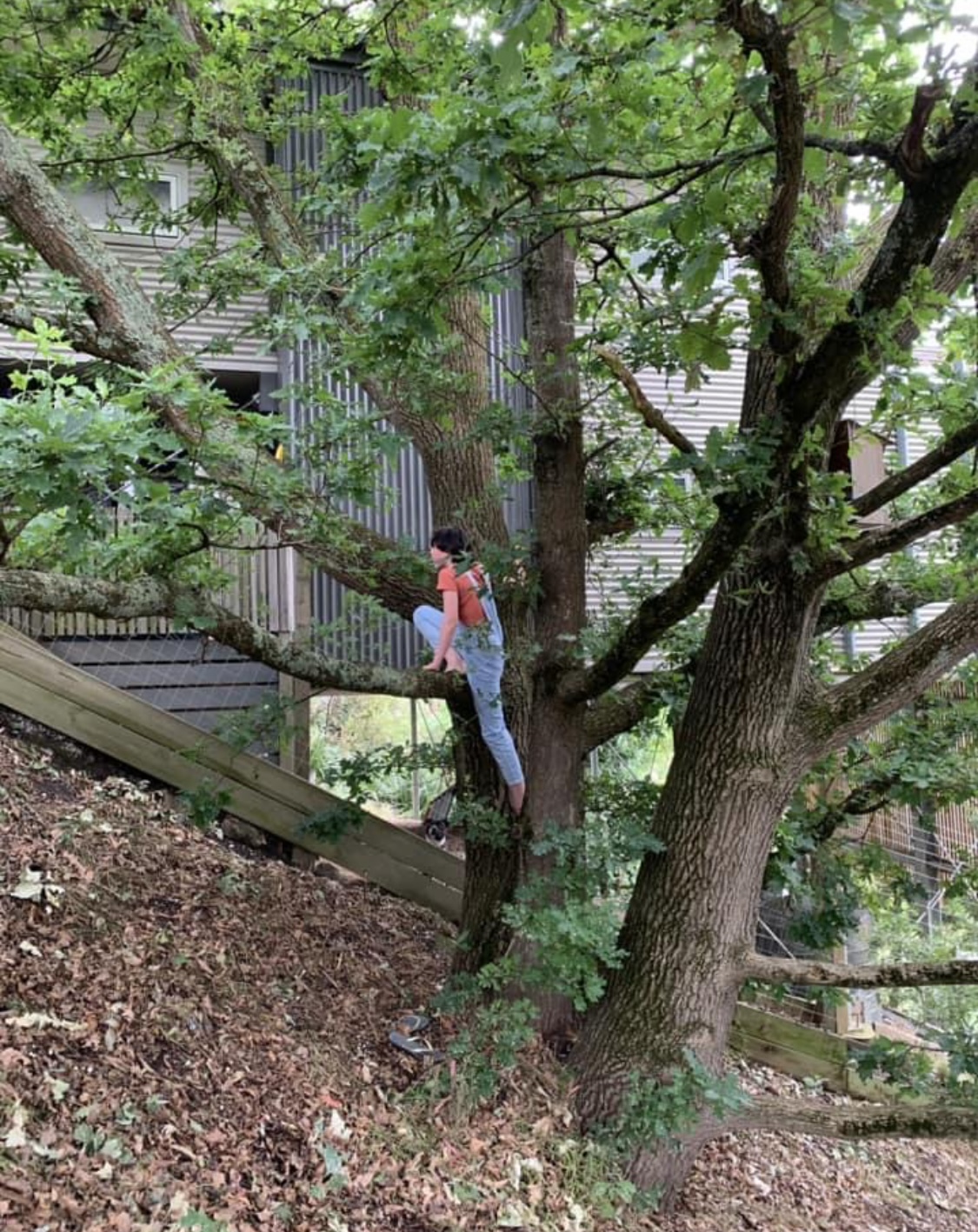
Let’s go tree climbing!
As well as all the benefits of being in nature, climbing a tree adds a whole new layer of reasons to get outdoors. Tree climbing can build confidence and develop coordination, problem solving skills, and strength. As children play together in a tree, their social, creative and imaginative skills are enhanced.
Climbing plays a key role in early childhood motor skills development. Climbing at a young age helps hone spatial and directional awareness, and improves physical skills such as balance, hand and foot coordination, and agility. Using both hands and feet, and dealing with varying inclines, levels, and distances between platforms, has been shown to enhance children’s proprioception (sense of limb position and movement), the ability to sense one’s own body’s position and movement in space.
Through climbing, children begin to develop their fine motor skills including dexterity, grip and grasp. These skills can be transferred into the classroom when handwriting because children will find it much easier to hold a pen and pencil correctly.
To help move your kids into the great outdoors, consider joining local community groups such as:
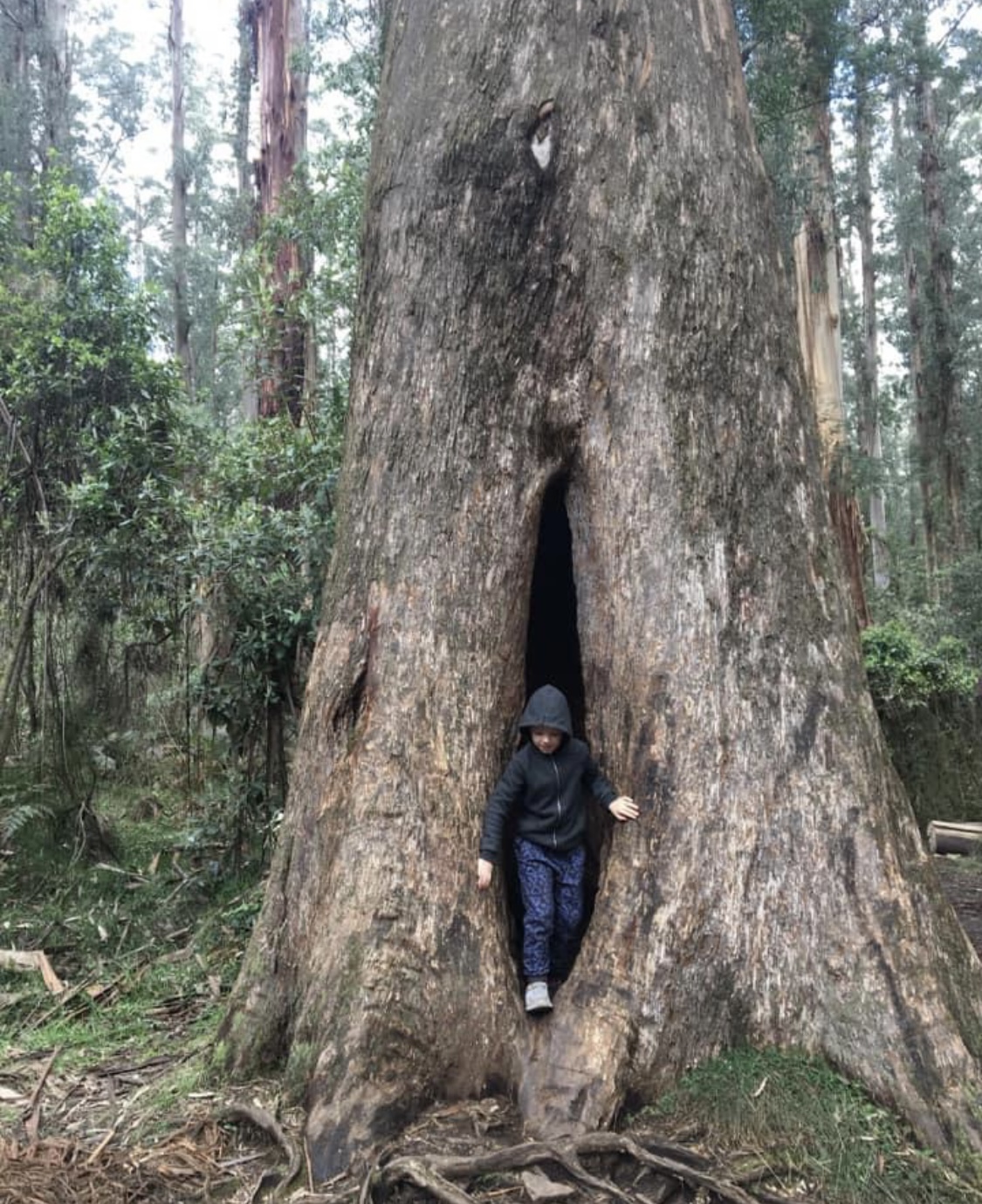
We’d love to hear your stories of tree climbing – maybe it’s a story about a tree climbing experience you had yourself, or maybe a story about your own kid/s and their love of trees and climbing. Please send them to us at <[email protected]> for us to publish on our website. If you also have an image we can use, that would be wonderful.
References.
A. Climbing Trees: Getting Aussie Kids Back Outdoors by Planet Ark (2011). Find the report here.
B. Last Child in the Woods. Richard Louv (2016).
There is a new and growing body of research indicating that direct exposure to nature is essential for healthy childhood development and for the physical and emotional health of children (and indeed adults too). More than just raising an alarm, R. Louv offers practical solutions and simple ways to heal the broken bond—and many are right in our own backyard.
Order from your local bookshop.
Writer: Colleen B. Filippa
With a background in Environmental Science, Colleen is the Founding Director of Fifteen Trees. In 2009, after 20 years in primary, secondary and tertiary education institutions, Colleen left the classroom to start the company. Fifteen Trees is a social enterprise assisting individuals and companies to reduce their carbon footprint by supporting community groups such as Landcare, schools and environmental networks.

